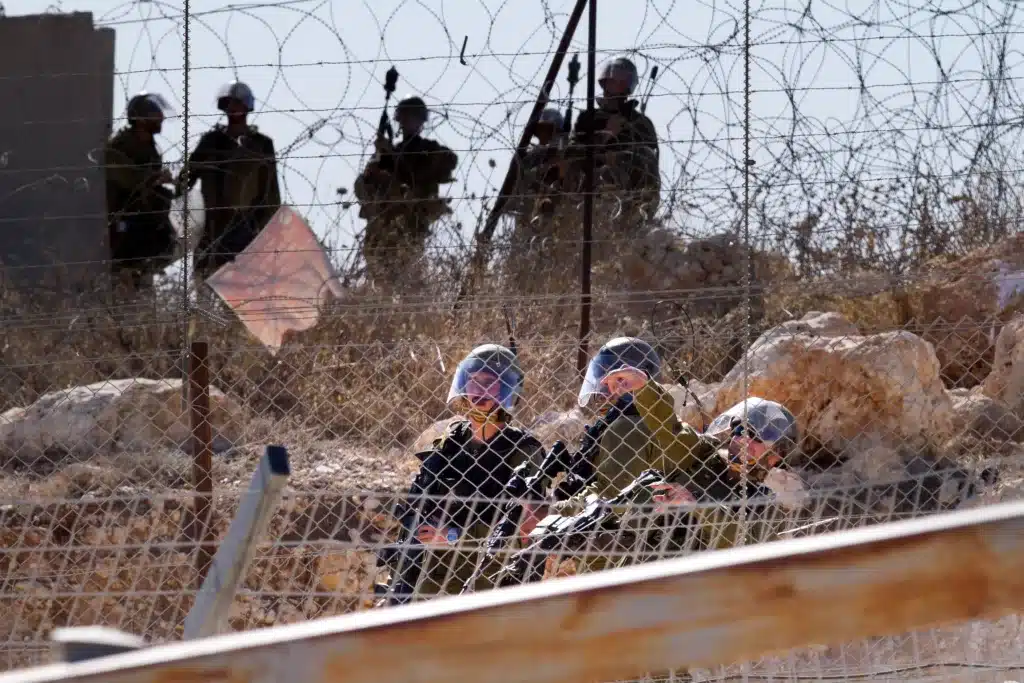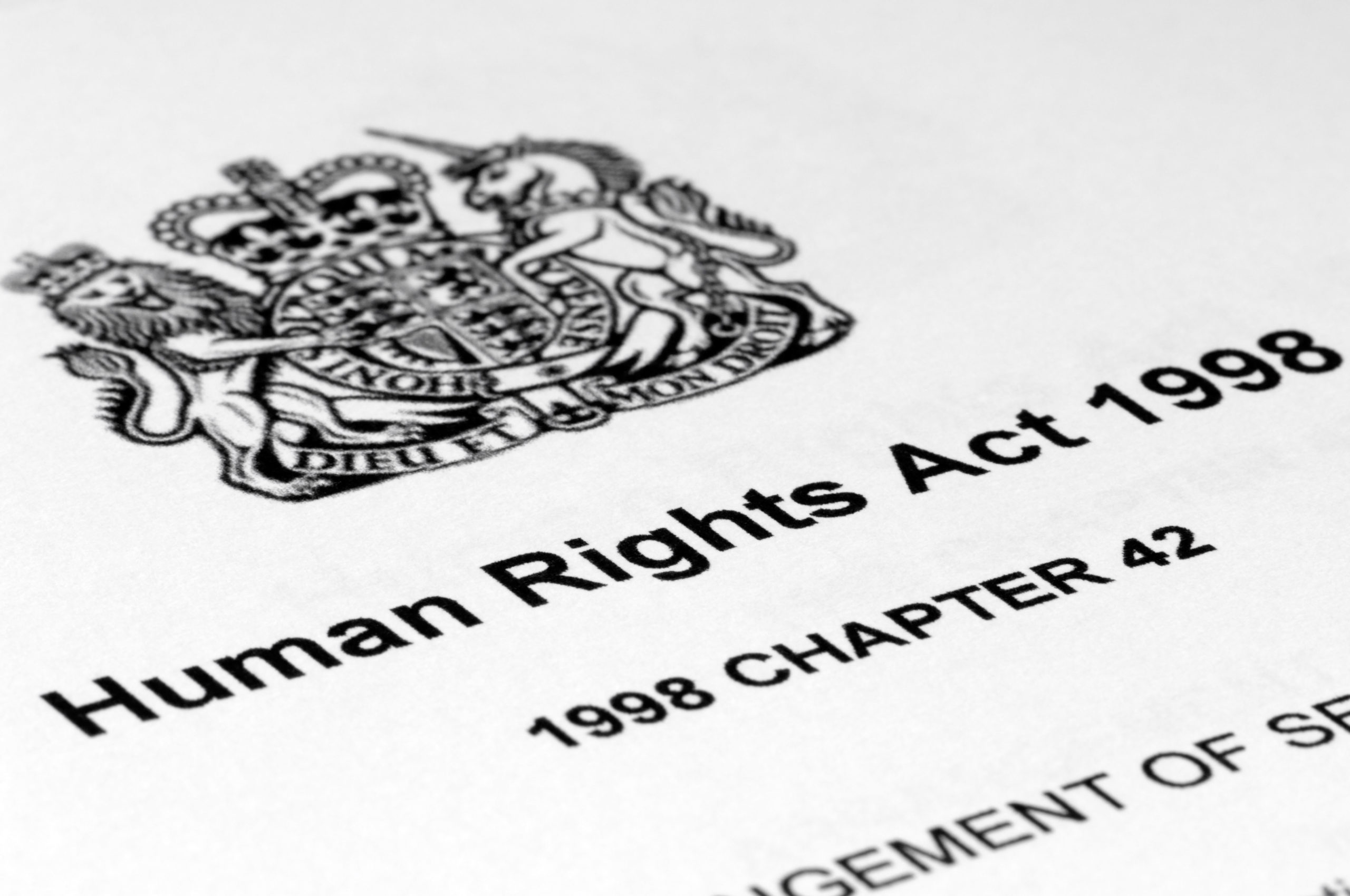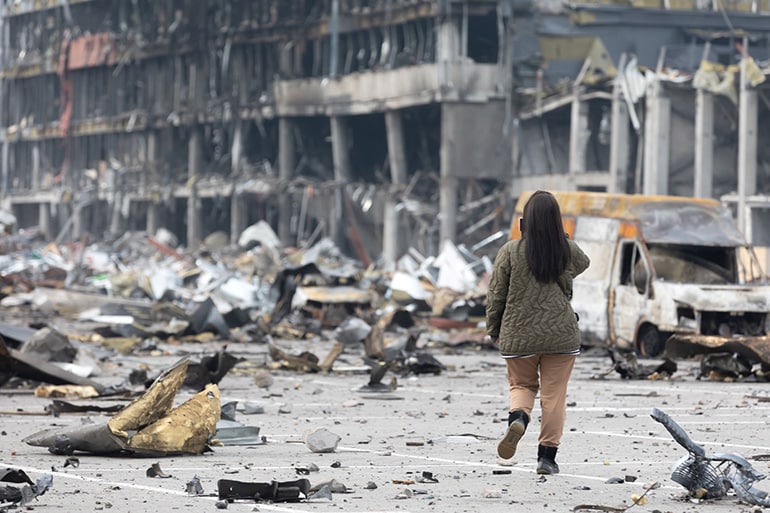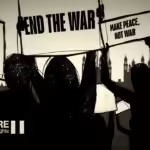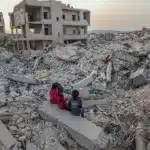The UK, the US and other states supporting Israel, and those states supporting Hamas, including Iran, must implement their responsibility to ensure respect for international humanitarian law and to prevent further war crimes, said Ceasefire Centre for Civilian Rights on the eve of major escalation in the conflict in Israel/Palestine.
‘Again and again in the history of the Israeli-Palestinian conflict, international actors have served to provoke or exacerbate violence rather than to promote de-escalation,’ said Ceasefire. ‘All states should now support the voices of those Palestinian and Israeli civilians calling for peace.’
As the UK sends military assets to the eastern Mediterranean, Ceasefire’s recent report Avoiding civilian harm in partnered military operations analyses in detail the responsibility of the UK and other states when acting in support of other military forces abroad, including:
- The duty to respect and ensure respect for international humanitarian law (IHL) under Common Article 1 of the Geneva Conventions
- The responsibility of the state to avoid aiding or assisting another state in the commission of an internationally wrongful act
- The prohibition under arms control law of the authorization of export of weapons where there is an overriding risk that they would be used ‘to commit or facilitate a serious violation of international humanitarian law’.
The commission of a war crime, whether by Hamas or Israel, can never justify further war crimes committed in retaliation. Both collective punishment and the ordering of reprisals against the civilian population are prohibited under IHL. Officials and service personnel involved in partnered military operations should be warned of the potential for criminal liability for aiding and abetting where they know that the assistance provided will be used to commit war crimes or other crimes under international law.
In Protecting civilians in siege warfare: Constraints on military action, Ceasefire further details the duties on parties to conflict to avoid or minimize civilian harm, whether in offence or defence. In contrast to the selective application of IHL standards in recent sieges, including in conflicts in Syria, Iraq, Russia/Ukraine and Israel/Palestine, Ceasefire insists that civilian populations have a right to protection in all situations.
Image © Dominika Zara /Shutterstock

